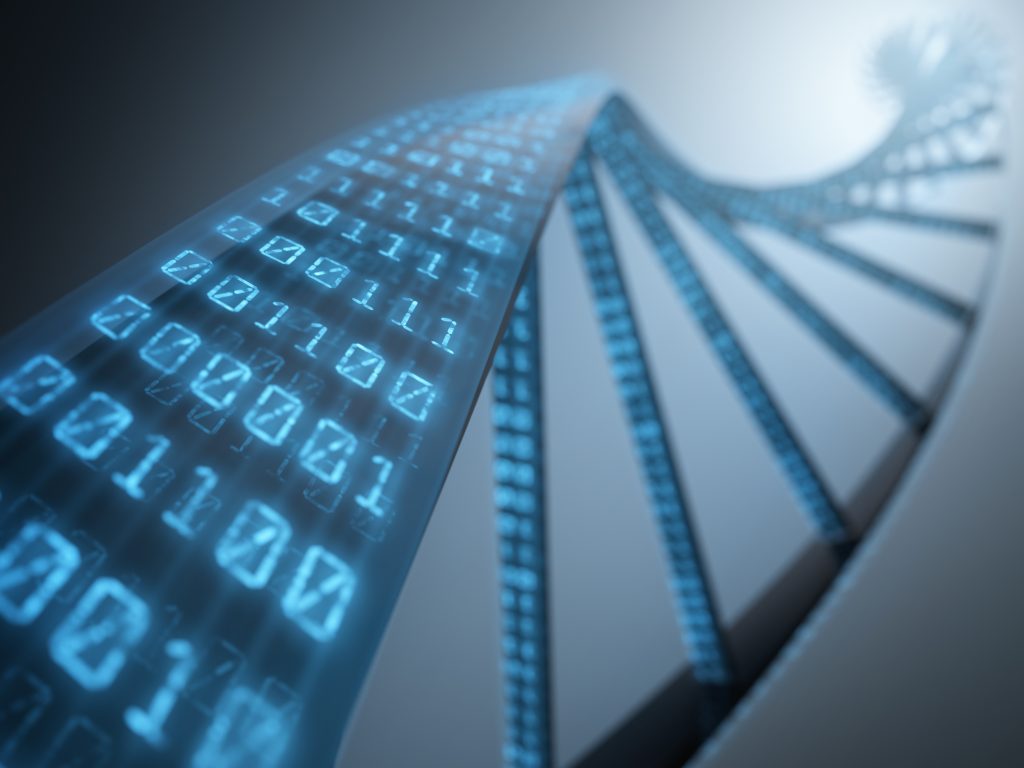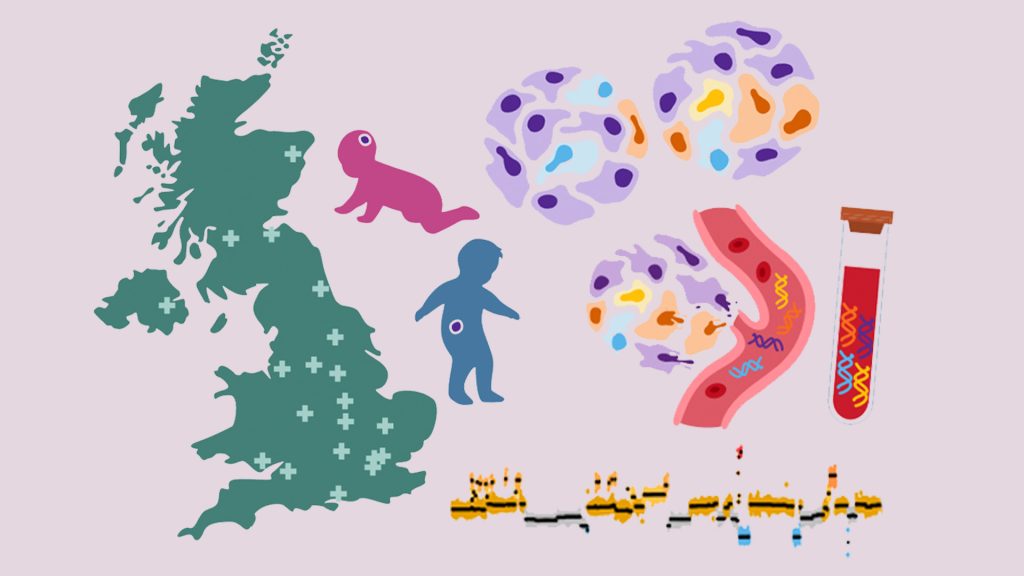Human Technopole Celebrates its First PhDs

Three young scientists from Human Technopole have, for the first time since its foundation, obtained a doctoral degree while pursuing their research within the institute: Alessandro Vinceti, Davide Castaldi, and Marco Tullio Rigoli, all enrolled in the systems medicine programme of the European School of Molecular Medicine (SEMM).
Milan, 12th April 2024 – Human Technopole has its first young graduate researchers: Alessandro Vinceti, Davide Castaldi, and Marco Tullio Rigoli are the three young individuals who participated in the doctoral programme in systems medicine at the European School of Molecular Medicine (SEMM), developed in collaboration with the University of Milan and of which Human Technopole has been one of the hosting institutions since 2019. The programme is aimed at young researchers interested in various fields of biomedicine. The defences of their theses were held yesterday morning in Milan at the SEMM headquarters, along with those of other doctoral candidates, while the official proclamation took place in the afternoon.
Alessandro Vinceti‘s research activity focuses on the development of new algorithms and bioinformatic methods for optimising the renowned CRISPR-Cas9 genomic editing system, which is used, among other things, to analyse the human genome and identify the genes upon which the survival of tumour cells depends. To improve this process, Vinceti has worked on correcting some distortions caused by the Cas9 enzyme, which can lead to errors in the interpretation of the analysed data, and on designing new tools capable of minimising the reagents required to perform these operations. Better identification of the genes on which tumours depend can accelerate the development of new drugs against these pathologies, which is one of the main objectives of Francesco Iorio’s team, group leader at the Computational Biology Research Centre of Human Technopole, of which Alessandro is a part.
Marco Tullio Rigoli studies the impact that hormones and endocrine disruptors, molecules known for their ability to alter the endocrine system, have on the development of the human nervous system, in relation to the numerous pathologies associated with their spread in the environment, including autism spectrum disorder (ASD) and attention deficit-hyperactivity disorder (ADHD). Within Giuseppe Testa’s research group, director of the Neurogenomics research programme at Human Technopole, Rigoli, in collaboration with the computational scientists of the Testa group, has developed a reference atlas that collects all the potential effects caused by hormones on cells of the cerebral cortex during its development, subsequently using it to experiment on so-called “organoids,” special in vitro cells derived from patients that simulate the human tissues of the cortex itself. By continuously exposing these cortical organoids to some molecules related to a reduction in intelligence quotient, Rigoli and his group are now seeking possible correlations between the alterations caused by this exposure and some specific mechanisms of the endocrine system.
Davide Castaldi is also part of Giuseppe Testa’s research group, director of the Neurogenomics research programme at Human Technopole, and is involved in technological development and computational analysis methods applied to neurobiology. In particular, he has focused on combining and developing bioinformatics analyses to evaluate and improve brain organoids as models of neurodevelopment. His work spans both computational improvement and experimental characterisation of brain organoids and has allowed for a multi-level characterisation of the organoids. On one hand, he has been involved in developing systems to profile the single-cell transcriptome of organoids from multiple individuals in a combined manner, and on the other hand, he has been at the forefront of characterising a new model of cortical arealisation in vitro.




